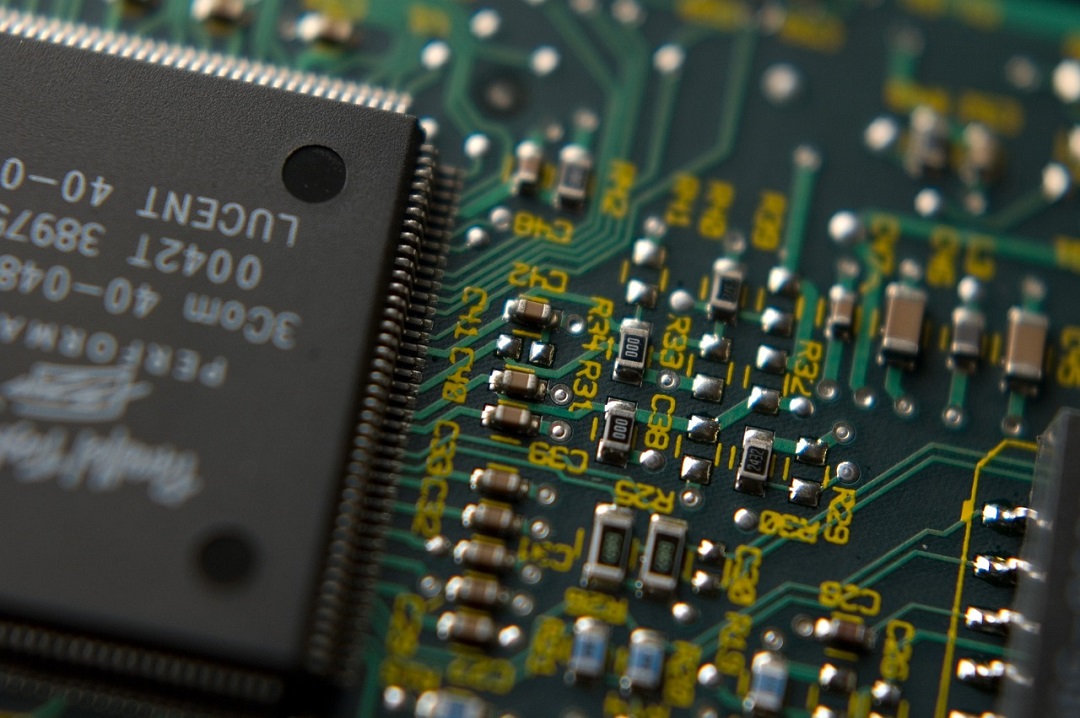Japanese firms are expressing significant interest in establishing semiconductor manufacturing units in India, bringing their advanced expertise and specializations to collaborate with domestic companies, according to Deloitte.
Shingo Kamaya, Deloitte AP and SRT Leader at Deloitte Japan, noted that Japanese companies are “super enthusiastic” about India’s semiconductor potential. This follows Japan becoming the second Quad member after the United States to sign an agreement with India in July for joint development of the semiconductor ecosystem, focusing on resilience in the global supply chain.
The agreement between the two nations covers semiconductor design, manufacturing, equipment research, talent development, and supply chain strengthening. With over 100 semiconductor manufacturing facilities, Japan ranks among the top five countries globally in semiconductor capabilities, excelling in areas like semiconductor wafers, specialized chemicals and gases, chip-manufacturing lenses, and display technologies.
India, which aims to establish 10 semiconductor manufacturing plants within the next decade, views Japan as a critical partner in achieving this ambitious target. “Given their technological expertise and specialization, Japan is the ideal partner to develop such a vital and expansive ecosystem in India,” said Rohit Berry, President of Strategy, Risk, and Transactions at Deloitte India.
Berry emphasized that building a semiconductor ecosystem involves more than setting up individual factories. It requires the development of a complete supply chain and supporting infrastructure, areas where Japan’s experience will play a pivotal role. He also highlighted the importance of long-term government incentives and a coordinated approach between central and state governments, private entities, and Japanese partners.
“This is not a short-term endeavor; it’s a generational initiative that will benefit both India and Japan for decades,” Berry stated. He added that establishing robust partnerships between Indian and Japanese firms will be fundamental to the sector’s success.
For Japanese firms, collaboration with Indian counterparts and cohesive support from central and state governments are seen as essential for creating a comprehensive semiconductor manufacturing ecosystem. Such efforts, Berry concluded, represent a once-in-a-lifetime opportunity to position India as a global semiconductor hub.







